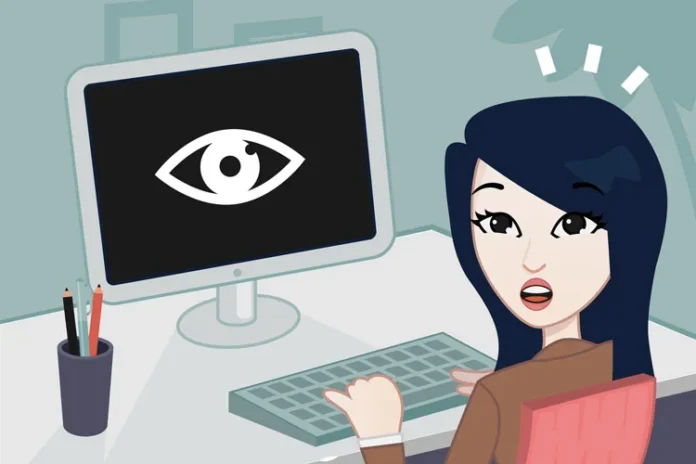Workplace privacy has come under scrutiny in an era of technology and remote work. With the rise of employee monitoring software and productivity trackers, employees are left wondering if their privacy is slowly becoming a thing of the past. This article explores the state of workplace privacy, its evolution, and whether it’s truly dead.
The changing landscape of workplace privacy
According to a survey, the workplace landscape has transformed majorly in recent years. There can be several reasons like technological advancements and the shift toward remote work. The boundaries between work and personal life have become increasingly blurred. Employers can access various tools and software to track employee activities.
The role of employee monitoring software
Employee monitoring software has become a staple for many businesses aiming to enhance productivity and security. These tools allow employers to monitor their employees’ work, including computer activity and internet usage. While these tools offer benefits regarding accountability and security, they also raise important questions about privacy.
The impact on productivity
Proponents argue that monitoring software and productivity trackers is essential for maintaining and improving workplace productivity. Insights into how employees spend their time helps businesses identify bottlenecks and areas for improvement. The data-driven approach can lead to more effective time management and resource allocation.
However, the continuous tracking and monitoring of employees may lead to unintended consequences. Employees may feel pressured to demonstrate their productivity constantly. It can potentially lead to burnout or anxiety. The fear of being watched continuously can also stifle creativity and innovation. Employees may feel hesitant to take risks or explore unconventional solutions.
The employee perspective
From the employee’s perspective, the erosion of workplace privacy can be a cause for concern. The feeling of being under constant surveillance can lead to stress and a sense of mistrust. Employees may worry that their actions will face scrutiny. It can impact their job satisfaction and well-being.
Furthermore, the blurring of work and personal life due to remote work arrangements can make it difficult for employees to disconnect. The expectation of being reachable at all times can infringe on personal time. It can hinder work-life balance and potentially contribute to burnout.
Balancing privacy and productivity
The critical question remains: Can workplace privacy coexist with the demands of productivity and accountability? Striking the right balance is essential for employers and employees. Here are some considerations.
- Transparency and communication
Employers should be transparent about their monitoring practices and communicate their purposes. It can help alleviate employee concerns and build trust.
- Limitations on monitoring
Employers should set clear boundaries on what they will monitor. Avoid overly invasive practices that invade employees’ personal lives or invade their privacy.
- Focus on outcomes, not micromanagement
Employers should focus on outcomes and results rather than obsessively tracking every minute of work. Trust employees to manage their time effectively and hold them accountable for meeting performance goals.
- Employee input
Involve employees in the decision-making process regarding monitoring practices. The input can provide helpful insights into how these tools impact their daily work.
- Work-life balance
Encourage employees to work toward achieving a healthy work-life balance. Emphasize the importance of disconnecting from work during non-working hours to prevent burnout.
Bottom line
Workplace privacy may be evolving, but it is not necessarily dead. Instead, it transforms in response to the changing nature of work and technological advancements. While employee monitoring software and productivity trackers enhance productivity and security, balancing these objectives and respecting employees’ privacy is essential.
Ultimately, the future of workplace privacy will depend on how employers navigate these challenges and whether they prioritize open communication and focus on outcomes rather than intrusive monitoring. Doing so will help businesses maintain a productive work environment that respects the dignity of their employees.


